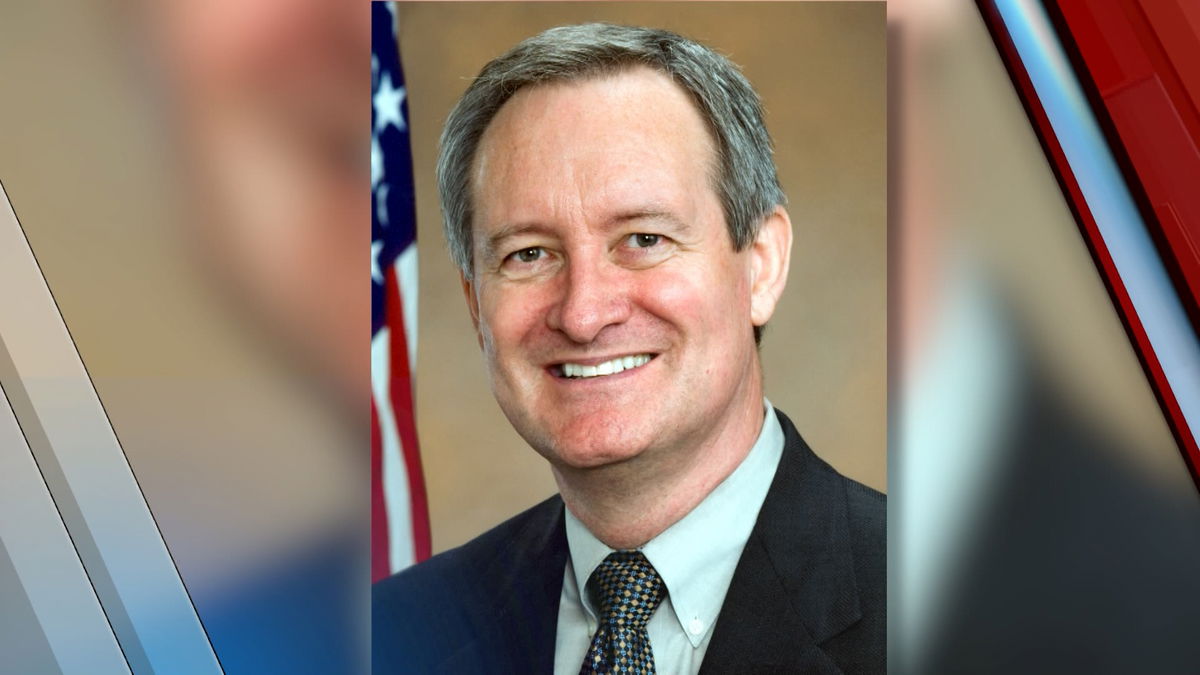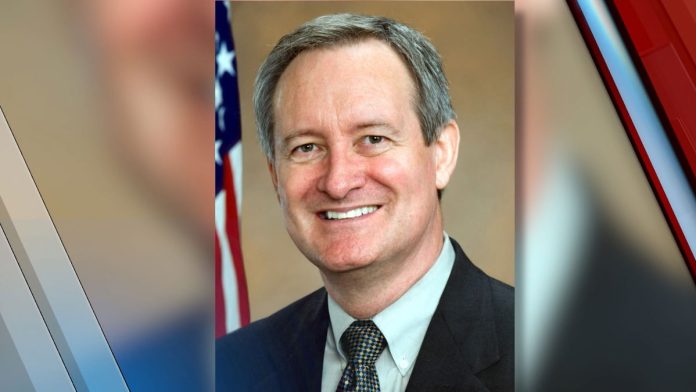
IDAHO FALLS, Idaho (KIFI) – Since its introduction in May, President Trump’s Big Beautiful Bill has been a dominant topic in the news. Now that it’s been signed into law, Local News 8 had a chance to sit down with Senator Mike Crapo, and get his take on what he thinks are the most important points of the legislation.
“The bottom line is that we have taken the first big steps to make sure Americans aren’t slammed by a huge tax hike and have given them additional tax cuts,” said Crapo. “We have taken big steps to take this waste, fraud, and abuse out of the Medicaid system without harming the benefits of those for whom it was intended. And we are moving forward now to do the rest of the work to try to bring our national debt under control.”
One of the tax strategies from the bill Senator Crapo referred to is the Tax Cuts and Job Act, also known as the 2017 Trump Tax Cuts. The cuts reduced income tax rates across various brackets, with the top rate at 37% and the bottom at 10%. If the cuts were not extended, rates would have reverted to pre-2017 levels, which were higher.
“We made the TCJA permanent,” said Crapo. “The TCJA is the 2017 tax law, which put a supercharged capital formation in the United States. What that means is it generated not just economic growth but more jobs, higher wages, more benefits, and lower unemployment.”
Crapo says waste and abuse in the Medicaid system are being reformed in several ways.
“One of the pieces of our bill, or Medicaid reforms, says that if you are illegally in the United States and are not a United States citizen, you cannot qualify for Medicaid, and you must be taken off the rolls. And believe it or not, there are several million people in America, most of them in states like California, that intentionally put them on the rolls who are being paid Medicaid.”
Senator Crapo also addresses an issue of redundancy within the system.
“There’s another set of people, people who are signed up for Medicaid benefits in more than one state, two or three states. Now, many times, that’s just because they left the state and moved to another state. And we’re just taking their names off the rolls. So they’re only on the roll in one state.”
As far as a reduction in the national debt, the ranking member of the Senate Finance Committee says, “the way to deal with [it] is to increase the growth in our economy and generate greater revenue to our Treasury and to reduce the spending. Both have to happen. Both were done in this bill, and the Council on Economic Advisors has estimated that the economic growth that will be generated by this bill’s policies will over the next decade, yield about an additional $4 trillion of revenue to the Federal Treasury, all of which can be utilized to reduce our national debt.”



